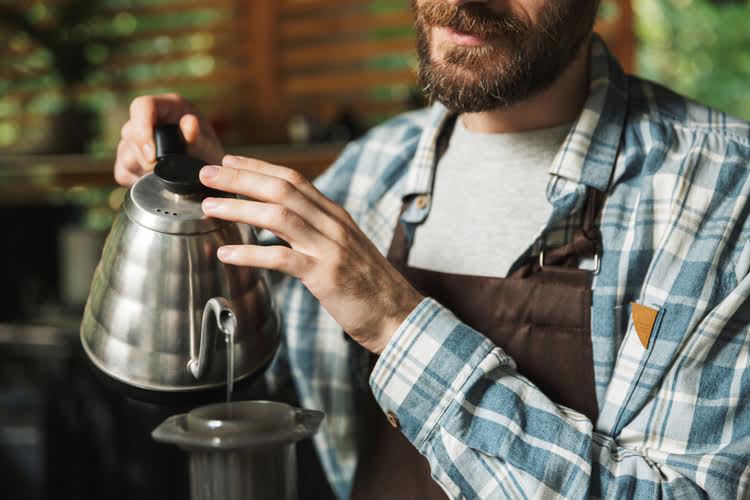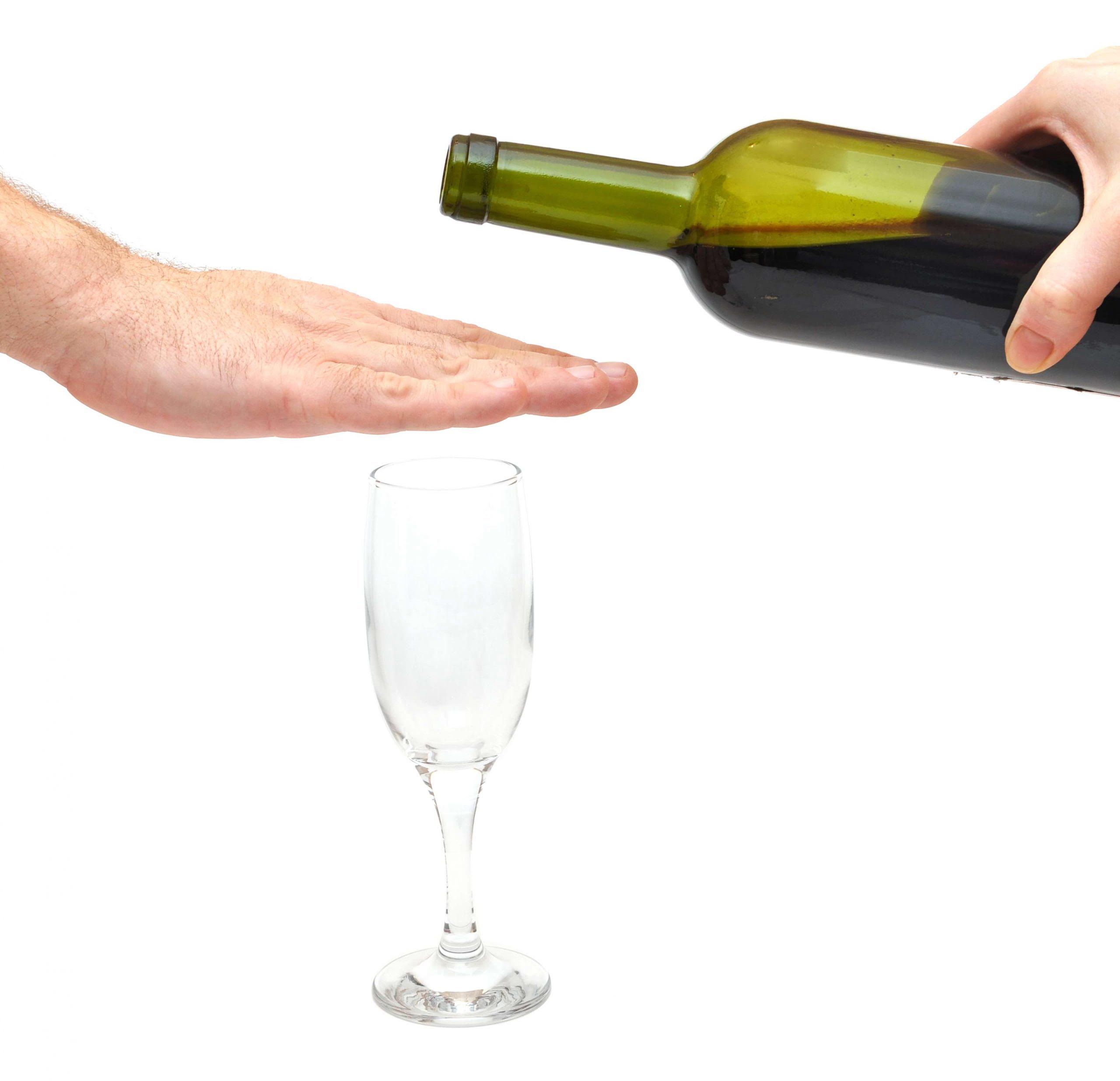We proudly admit and serve residents and patients without discrimination based on race, color, or national origin, providing equal access to high-quality, compassionate, and comprehensive care for all individuals. Alcohol can wreak havoc on your digestive system, an effect that goes far beyond just a https://www.pavillonmaya.com/alcoholics-anonymous-wikipedia/ stomachache. When you drink, alcohol interacts directly with your stomach lining, increasing acid production which can lead to inflammation known as gastritis. This condition can cause pain, vomiting, and, over time, might result in ulcers. If you feel a migraine coming on or notice the onset of symptoms after drinking, stop drinking immediately. Continuing to drink may exacerbate the migraine and prolong your discomfort.
What is the best drink for a migraine?
It can help you identify patterns over time and help your doctor identify if you are experiencing migraine. Treatment options vary, from acute treatment to relieve symptoms to preventive treatment to reduce the number of attacks you experience. There are also behavioral treatment options and lifestyle changes that can help. Mounting evidence suggests there may be a connection between migraine and mental health. Anxiety disorders and depression are two of the most commonly reported mental illnesses among people who are diagnosed with migraine. By learning how migraine and mental health impact one another and ways to manage both, you can improve your quality of life.
Inclusion and exclusion criteria
- Ethanol, a natural diuretic present in alcohol, causes the kidneys to excrete more fluid, leading to excessive urination and dehydration, which are common triggers for migraine headaches.
- The review also suggests that having migraine leads people to avoid alcohol, rather than alcohol having any protective role against migraine.
- Alcohol is a common trigger for migraine attacks, but some types may be less likely to cause problems than others.
- However, if you do drink, be sure to do so in moderation and stay hydrated.
- To summarize, for people with migraine, the best alcoholic choices are clear liquors like vodka, gin, or dry white wine.
The quantity of alcohol consumed also plays a role in triggering migraines. For some sensitive individuals, even a small amount of alcohol can be enough to induce an attack. Individual variability means that what triggers a migraine in one person might not affect another, even with the same type and amount of alcohol. Migraine is a complex neurological condition that can manifest with severe headaches, often accompanied by other symptoms like nausea, vomiting, and heightened sensitivity to light and sound. A common inquiry among those affected is whether why does alcohol give me a headache consuming alcohol can lead to a migraine episode.
- A cocktail headache develops the same evening, and even a tiny amount of alcohol can trigger it.
- Moreover, some of the studies included in our review do not present results in an accurate way or do so without assigning patients to specific headaches.
- Furthermore, remember that your weight, age, and body composition also affect alcohol metabolism.
Why do I get a headache when I drink alcohol?
Staying hydrated when consuming alcohol can help decrease the chance of dehydration-induced migraines. Research shows that around one-third of people living with migraines report alcohol as a trigger, at least occasionally. While the mechanism for alcohol triggering migraines remains uncertain, dehydration caused by alcohol is one of the factors that can lead to migraines. However, the best Oxford House way to prevent alcohol-related migraines is to avoid drinking altogether.
Individual Variability
To minimize the impact of alcohol-induced headaches, drinking in moderation, having a meal before drinking, and staying hydrated are recommended. Monitoring alcohol intake, especially for those prone to migraines, is crucial, as even small amounts of alcohol can trigger an attack. The risk of alcohol-induced hypoglycemia is particularly prominent in individuals with diabetes. Alcohol can interfere with certain diabetes medications, further impacting blood sugar control. People with diabetes who choose to consume alcohol should exercise caution and closely monitor their blood sugar levels before and after drinking.







